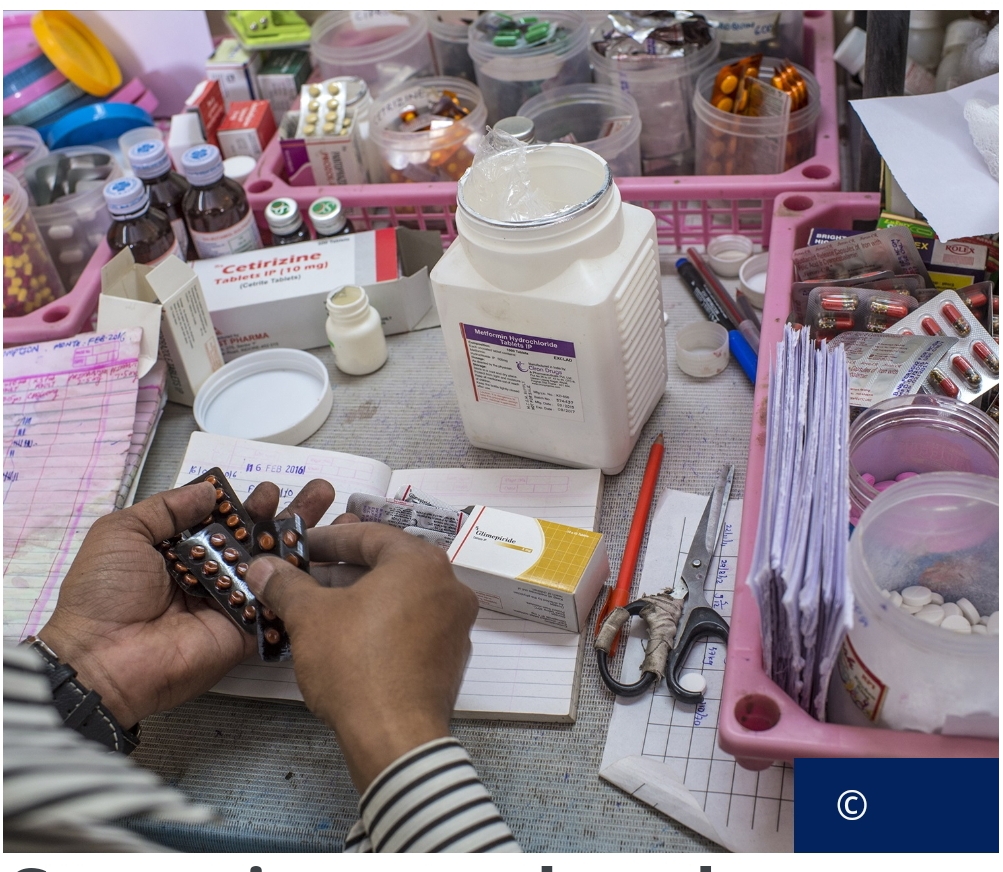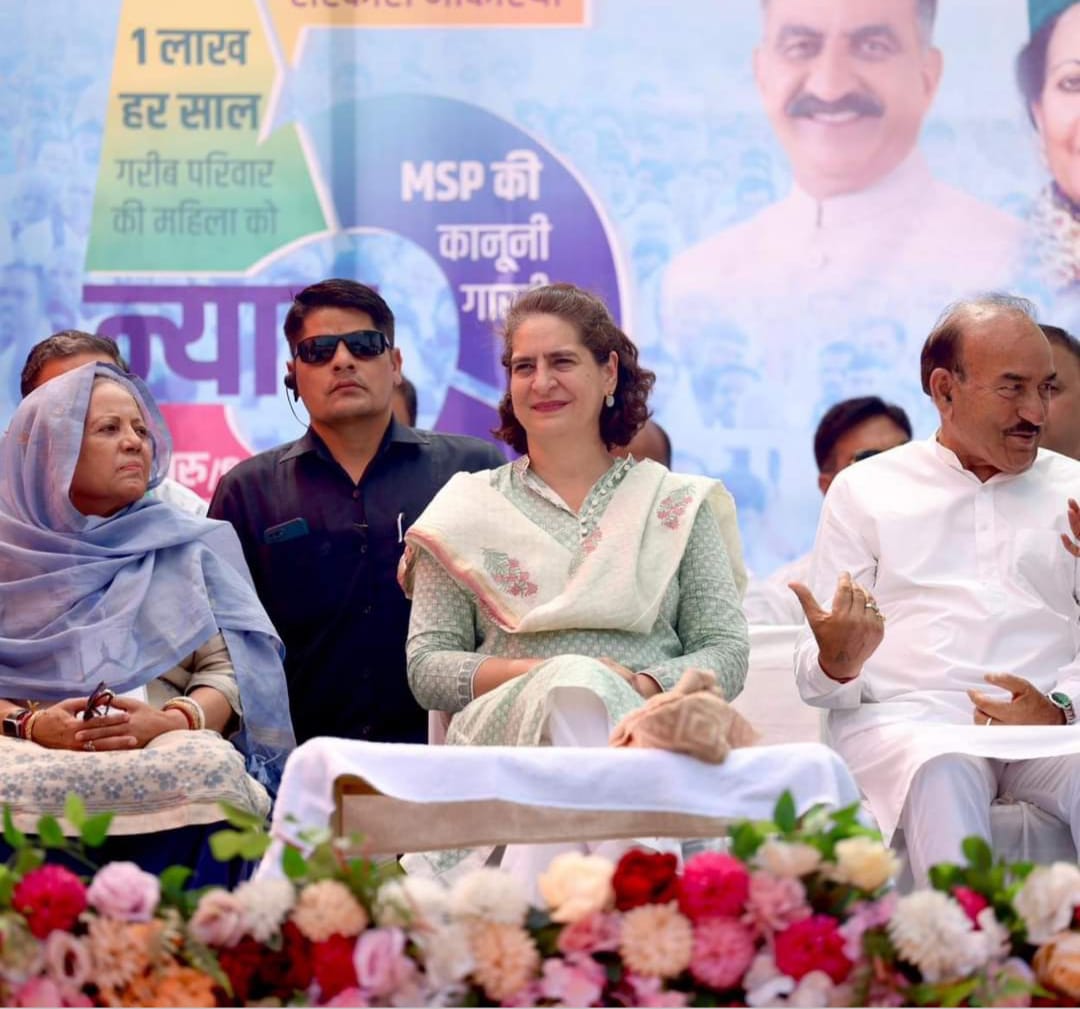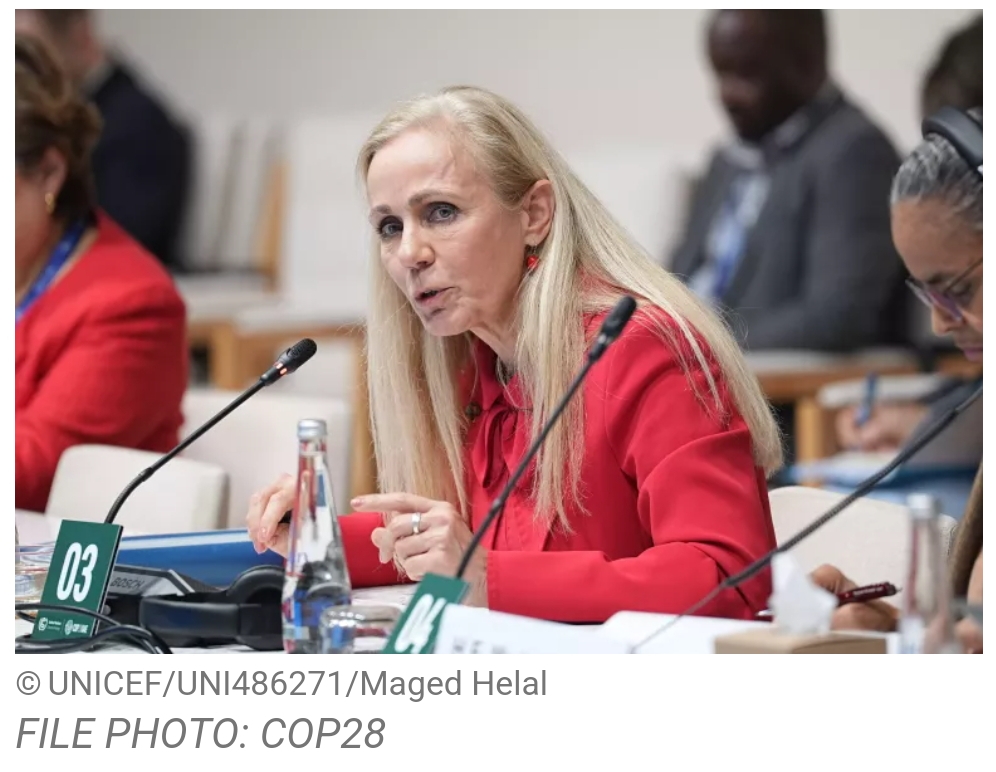Global Health at Risk: WHO Warns of Widespread Disruptions Due to Sudden Cuts in Development Aid.
Geneva:
The World Health Organization (WHO) has issued a stark warning following a new global assessment showing widespread health system disruptions in 70% of surveyed countries. The alarming findings are linked to sudden suspensions and reductions in official development assistance (ODA) for health – a move WHO says could have catastrophic and long-term impacts, especially in the world’s most vulnerable regions.
The rapid stock take, conducted by WHO between March and April 2025 across 108 country offices – primarily in low- and lower-middle-income countries – paints a picture of health systems under immense pressure. The report highlights serious consequences across all pillars of health services, from emergency preparedness to maternal care, with some impacts likened to disruptions seen during the height of the COVID-19 pandemic.
“These results paint a worrying picture about the impact of the sudden and unplanned cuts to aid on the health of millions of people,” said WHO Director-General Dr. Tedros Adhanom Ghebreyesus. “Although these cuts are a shock, they are also driving an accelerated transition away from aid dependency to a more sustainable self-reliance, based on domestic resources.”
Critical Findings: A Global Health Crisis in the Making
The WHO survey reveals a domino effect of consequences stemming from the aid cuts:
Health Emergency Services Disrupted: 70% of countries reported impacts on emergency preparedness and response.
Breakdowns in Disease Surveillance: 66% saw disruptions in public health surveillance systems, affecting early detection and outbreak responses.
Service Provision Undermined: 58% reported reduced access to basic health services, including maternal, child, HIV, and tuberculosis care.
Medicine and Equipment Shortages: One-third of countries lack essential medical supplies for major services.
Workforce Reductions: Over 50% reported job losses among healthcare staff and interrupted training programs.
Health Data Gaps: 40% faced breakdowns in critical information systems, from disease reporting to lab operations.
In many cases, these disruptions have already resulted in increased out-of-pocket expenses for healthcare, with 24% of countries reporting a shift in costs to patients—a burden that disproportionately affects the poor and marginalized.
A Call for Urgent Global Response
The sudden reduction in ODA, according to WHO, has placed countries in a race against time to reallocate domestic funds or find alternative external support to maintain core health services. However, WHO cautions that many health systems, particularly those already fragile, are ill-equipped to adapt quickly enough.
Eighty-one out of the 108 surveyed WHO country offices have requested urgent assistance in areas such as:
Innovative health financing
Technical support for system restructuring
Sustained access to medical commodities
Workforce development and retention
The situation is so dire that the scale and nature of disruptions now rival those witnessed during the most intense periods of the COVID-19 pandemic, with fears that continued aid cuts could undo decades of health progress.
WHO Steps Up Monitoring and Advocacy
In response, WHO is intensifying its support to affected countries, while calling on donor governments, international partners, and the global health community to step up urgently. The organization plans to continue monitoring the rapidly evolving situation and facilitate the development of urgent response plans to minimize damage, protect essential services, and build longer-term sustainability.
“Health systems are the backbone of national security, economic growth, and human dignity,” Dr. Tedros said. “Cuts to ODA must be replaced with smarter, more sustainable financing, but we must also act quickly to prevent a silent global health emergency from spiraling out of control.”
As the world faces intersecting crises – from conflict to climate change – WHO emphasizes that protecting health investments is not just a moral imperative but a strategic one. Without swift and coordinated action, the health of millions, particularly the poorest and most vulnerable, hangs in the balance.




